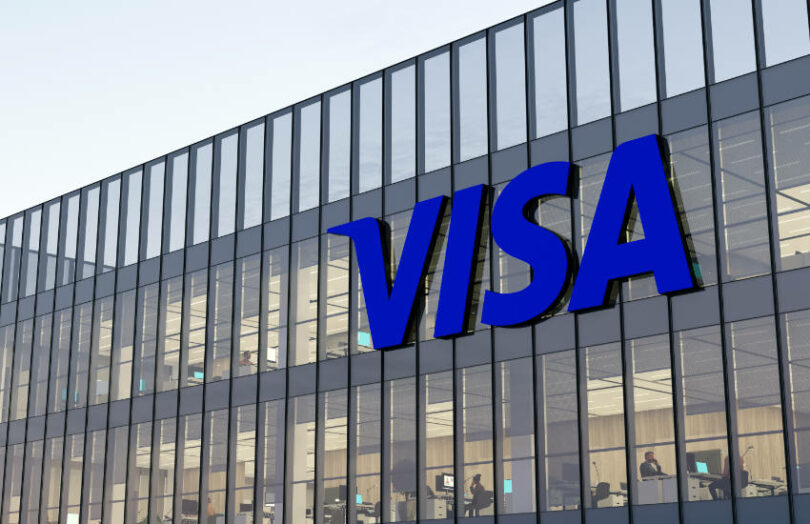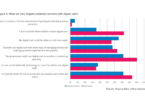In April, Visa presented its solution for the Banco Central do Brasil’s central bank digital currency (CBDC) competition, the Real Digital LIFT Challenge. The prototype consists of a programmable finance platform for small and medium-sized businesses (particularly farmers), which allows tokenizing sale contracts into NFTs and auctioning them to global investors. Microsoft, Sinqia, and Agrotoken were also part of the submission.
Visa’s CBDC Solution
Small businesses are often bound to local markets when looking for financing options. However, these tend to be limited and can sometimes involve unfavorable clauses that may lead to sizable losses, so many entrepreneurs decide to avoid them.
However, this inaccessibility to traditional services can result in lost opportunities. “Small businesses are essential contributors to our local economies,” says Catherine Gu, Global Head of CBDC at Visa, “such as in Brazil where they employ over half the population and contribute to nearly a third of the country’s GDP.”
Its solution provides local farmers with more timely access to global capital markets, empowering them with additional financing options. The platform is based on the digital real and enables functions such as atomic settlement and offline payments using a blockchain-based onboarding and consent management process. These features increase efficiency and instant settlement reduces counterparty risk. While CBDCs can provide a secure, stable, and safe settlement currency, the Brazilian central bank is not planning a retail CBDC. Instead, the pilots to commence shortly will support commercial bank tokens backed by a wholesale CBDC.
NFT Tokens for enhanced financial inclusion
However, the platform’s main innovation is its tokenization feature, which allows turning traditional financing documents into an on-chain tradeable NFT. The only requirement is an existing sale contract, but people can also upload additional documents, such as farm certificates, to provide additional credibility.
The platform then automatically puts the NFT up for auction in a global marketplace, allowing small businesses to access new sources of funding and investment. The sealed-bid auction mechanism is powered by smart contracts and Visa’s Universal Payments Channel (UPC) technology to enable a global pool of investors and ensure future currency interoperability.
According to Visa’s Cristiane Taneze, the solution will bring significant benefits to both producers and investors. For example, she notes that existing public credit schemes only cover about 42% of the agricultural sector’s current demand, so small producers, in particular, need to be able to tap out private investors to fund their harvests. Similarly, thanks to the platform’s know-your-transaction checks, investors can gain increased guarantees on where their money is going.
Other partners
The team also counted on the work of Microsoft and the fintech Sinqia, in charge of onboarding processes and the integration with Brazil’s real-time payment system, PIX. Agrotoken, a company with experience in tokenizing agricultural commodities in Latin America, partnered for the tokenization process.






